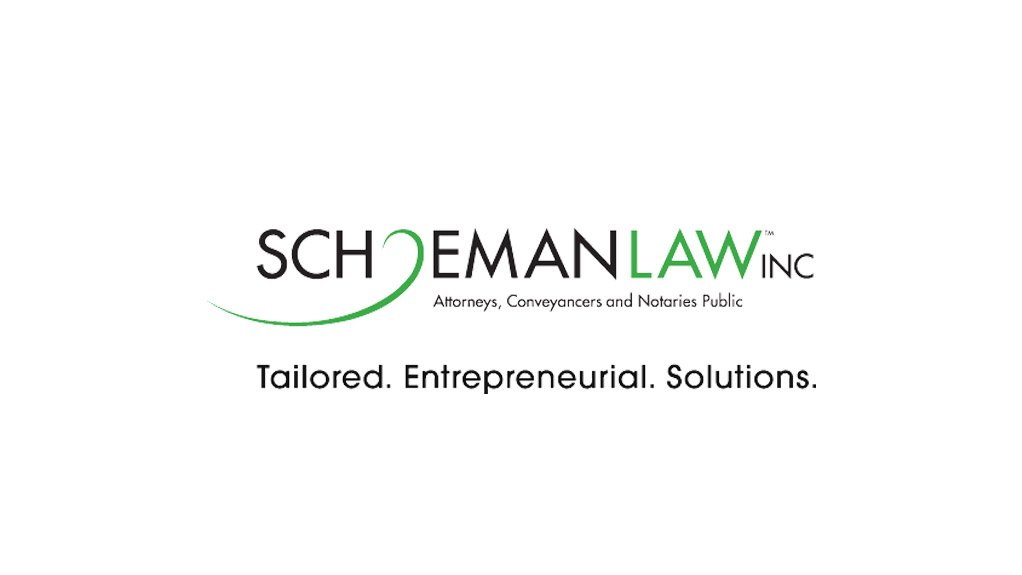When documents or evidence in an electronic format is used as evidence in court proceedings, it is crucial to ascertain whether the document is authentic, i.e. an unaltered original version of the electronic document or data message. The aforesaid is in place to address one important consideration - whether or not the evidence is admissible or not. If inadmissible, the court will not consider the evidence, which can have dire consequences for the party relying on it.
The admissibility of documents from an electronic source, whether emails, fax, SMS, or more recently, social media posts are regulated by the Electronic Communications and Transactions Act 25 of 2002 (the ECTA).
The role of the ECTA
The ECTA is in place to somewhat alleviated the confusion regarding the grey area between an original and a copy of an electronic document or data message. The most important contribution of this is that the court is now by virtue of the ECTA able to confirm whether the data message remains unaltered when presented as evidence during a trial. In an application (a court motion), the data message transcribed, should be attached to an affidavit, confirming its originality and authenticity. Especially in the following circumstances: where the data message is addressed to a person who is not a party to the court proceedings; this third party then needs to provide testimony or submit an affidavit stating the authenticity of the message in motion proceedings. This message constitute hearsay evidence, hence the necessity for the third party to testify under oath. If this is not done, the evidence will be inadmissible as hearsay.
The ECTA clearly provides the necessary peremptory requirements that need to be met before such data messages / electronic documents will be admitted as evidence before a court. Briefly, the identification of the instrument on which the electronic document was received, the originator, addressor, recipient/addressee, all need to be verified under oath. Compliance with the above requirements set out in the ECTA is thus essential for any data message to be admitted to court.
Sections 14 and 15 of the ECTA
The majority of the disputes regarding the admissibility of data messages originate from the different interpretations of especially, section 14 and 15 of the ECTA, or whether these sections are at all relevant in certain instances.
According to section 14 the data message meets the legal requirements of being presented or retained in its original form if a) the integrity of the information from the time it was first generated in its final form as a data message has passed an assessment, on whether the information has remained complete and unaltered in the purpose for which information was generated, with having regard for all circumstances; and b) that the information is capable of being displayed or produced to the person to whom it is to be presented. The above is read together with section 14(2)(a) to (c) of the ECTA.
Section 15 of the ECTA deals more specifically with the admissibility and evidential weight of data messages, and stipulates that the rules of evidence must not be applied so as to deny the admissibility of a data message as evidence merely on the grounds that it is created by a data message, or if not in its original form if that is the best evidence that the person adducing it could reasonably be expected to obtain. In giving evidential weight the following factors need to be taken into account, and assessed by the court:
- The reliability of the manners in which data message was generated, stored, or communicated;
- The reliability of the manner in which integrity of data message was maintained; and
- The manner in which its originator was identified.
There are various ways in which documents can be altered, either unintentionally such as by viruses on the computer, or machine, or either intentionally by gaining external access to a computer and change material contents of a data message. In Ndlovu v Minister of Correctional Services and another 2006 All SA 165 (W) page 172, the judge held that the ECTA does not render data messages admissible without further ado. The act prohibits the exclusion from evidence of a data message on the mere grounds that it was generated by a computer and not a natural person.
Conclusion
It is therefore clear that by complying with the requirements codified in the ECTA, data messages may very well be admitted to evidence in court. These requirements need to be enforced very strictly by the courts as it continues to become easier to manipulate data messages and documents stored and generated in electronic format. All parties to court proceedings should seek professional legal help to avoid evidence being discarded due to technicalities. Contact SchoemanLaw Inc today.
Written by André Nortjé, Junior Associate Attorney, SchoemanLaw
EMAIL THIS ARTICLE SAVE THIS ARTICLE
To subscribe email subscriptions@creamermedia.co.za or click here
To advertise email advertising@creamermedia.co.za or click here











